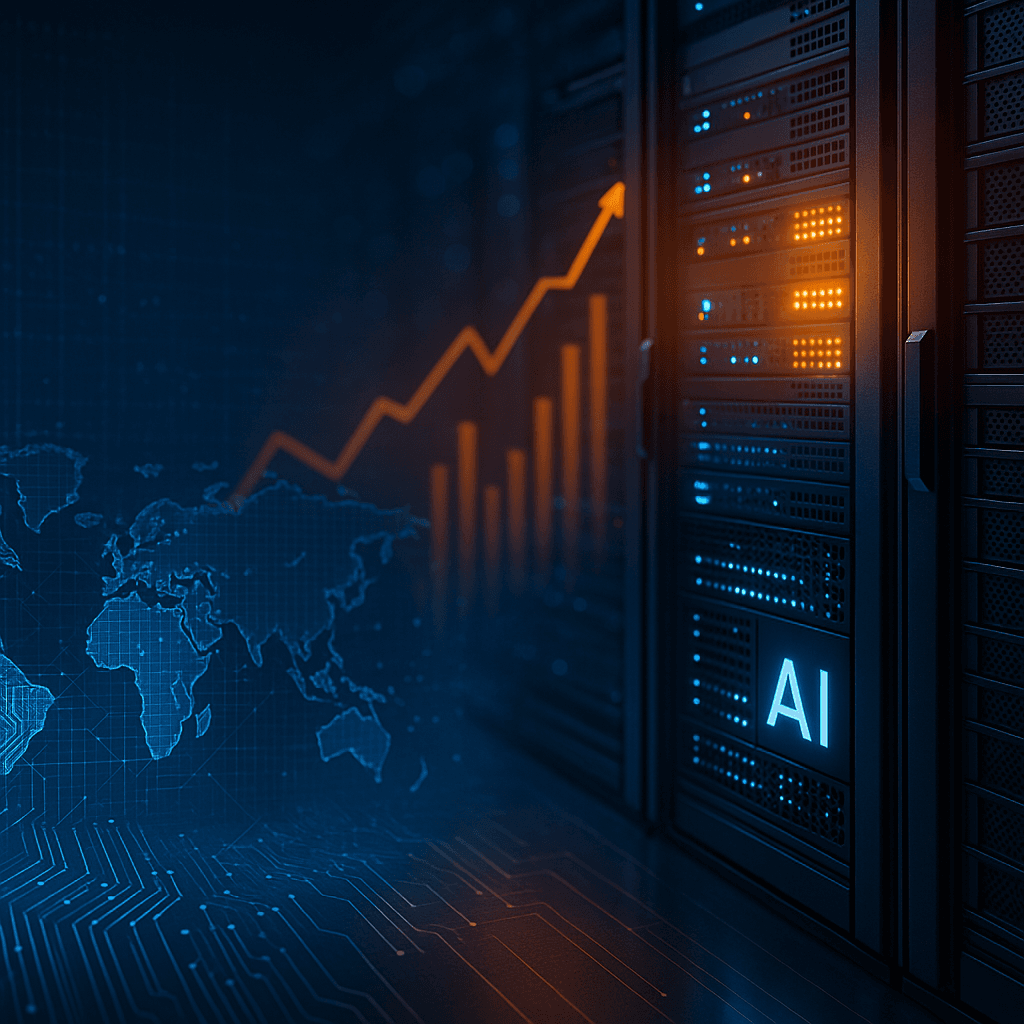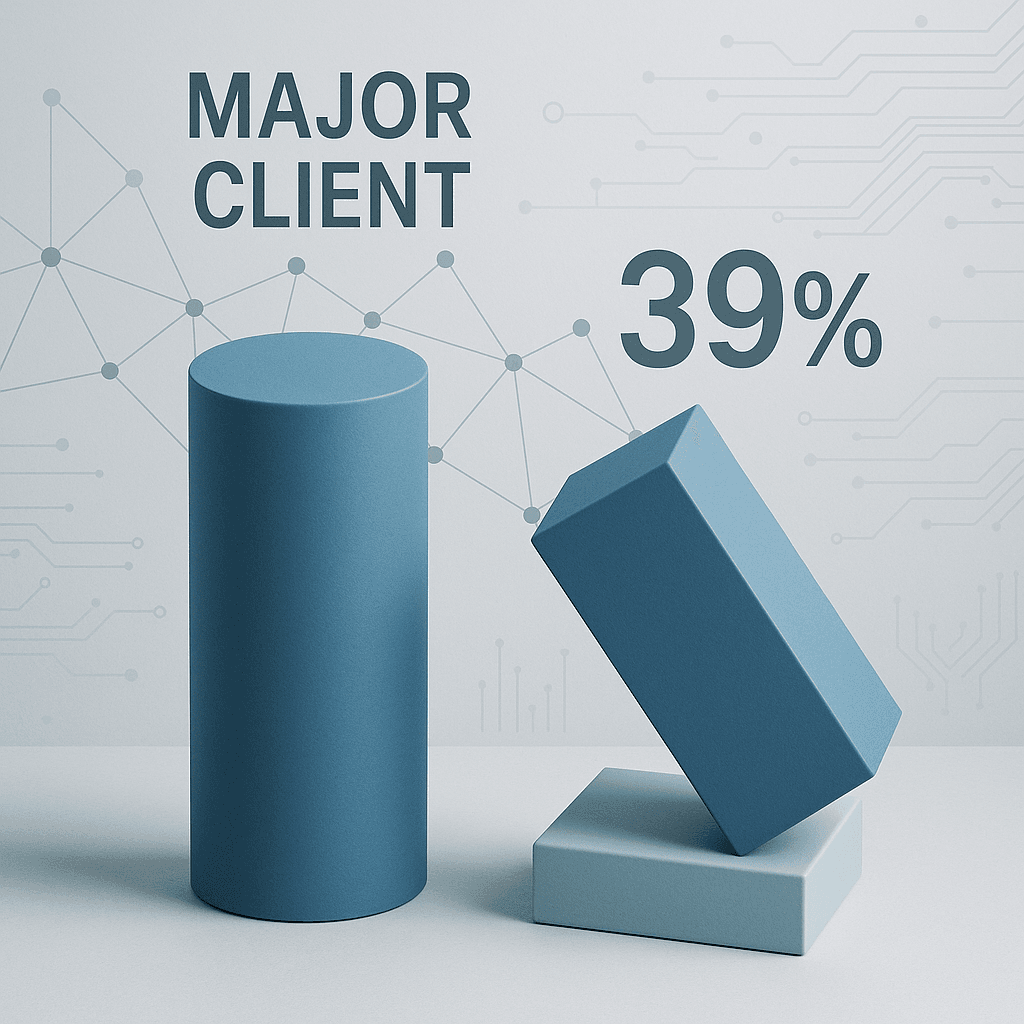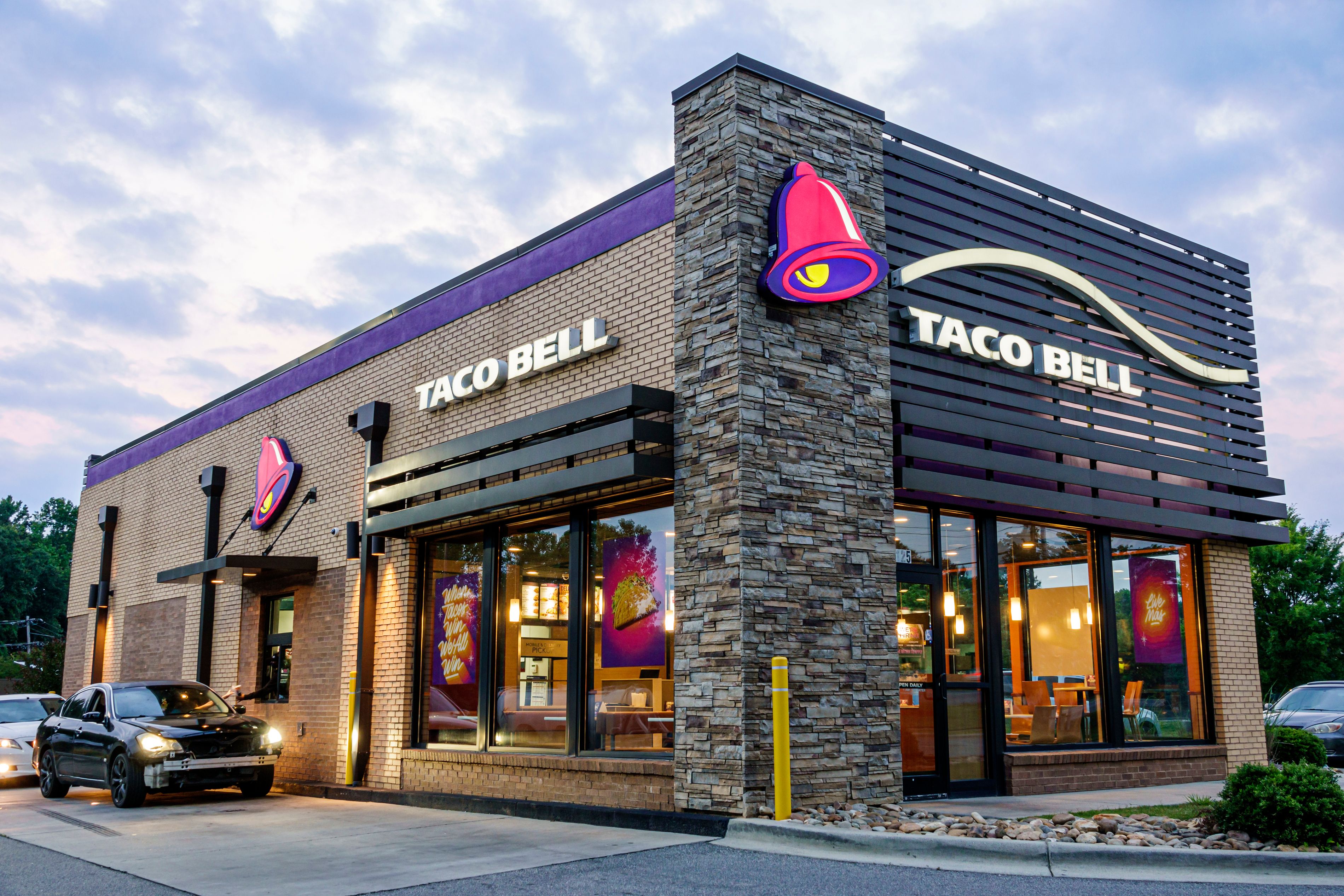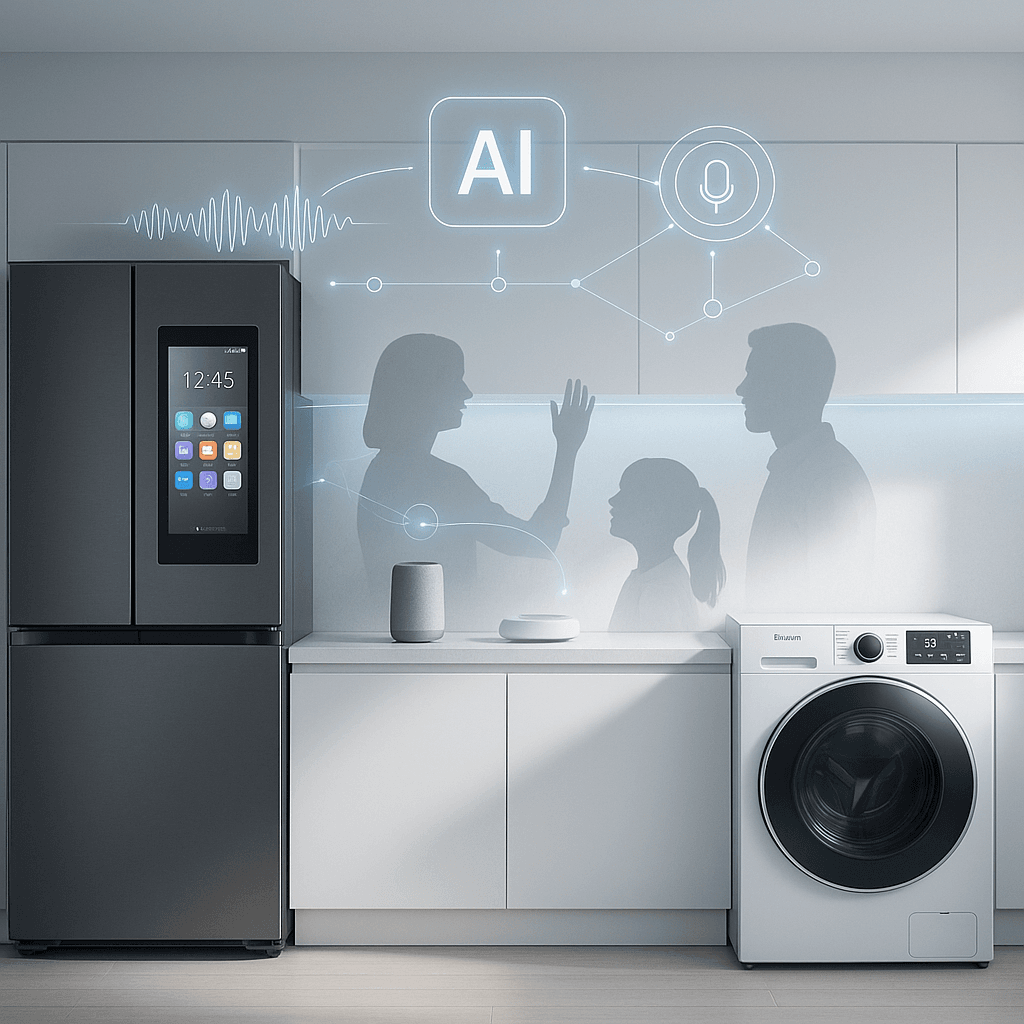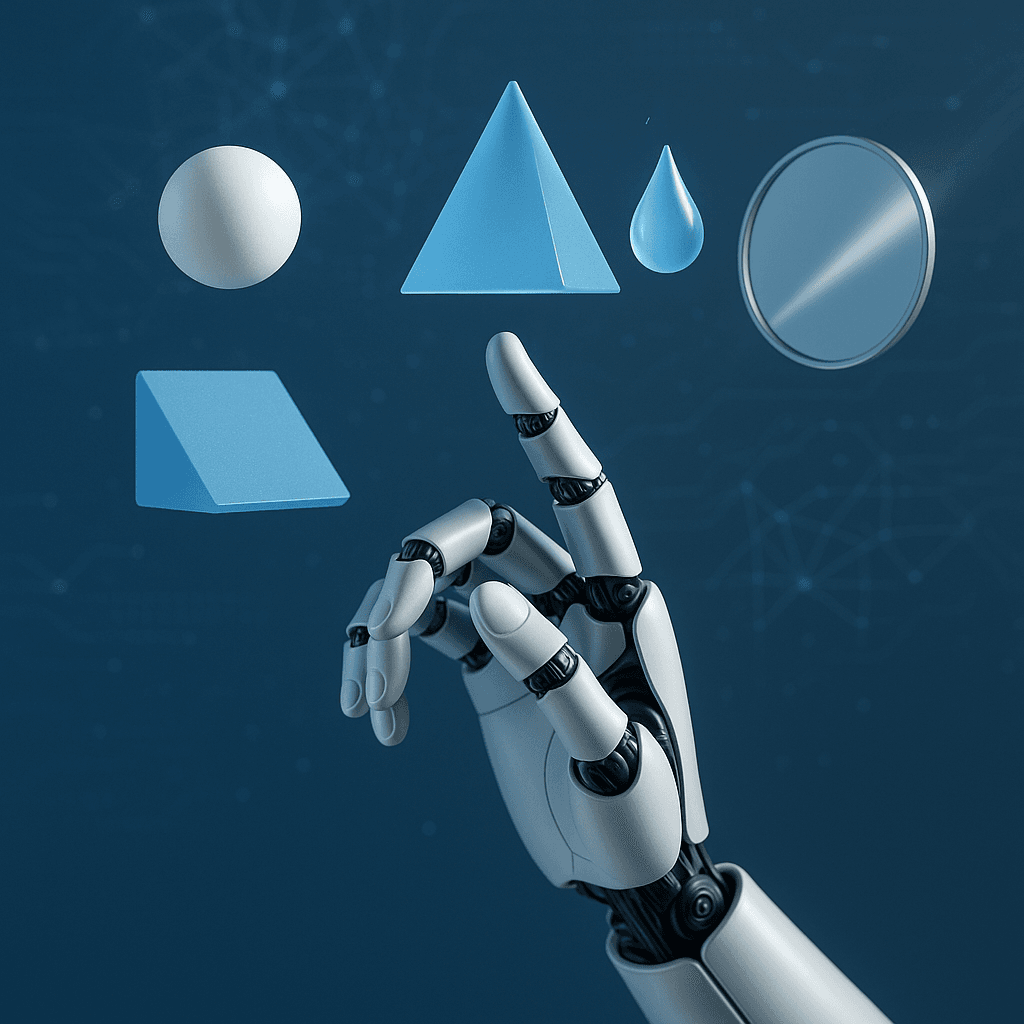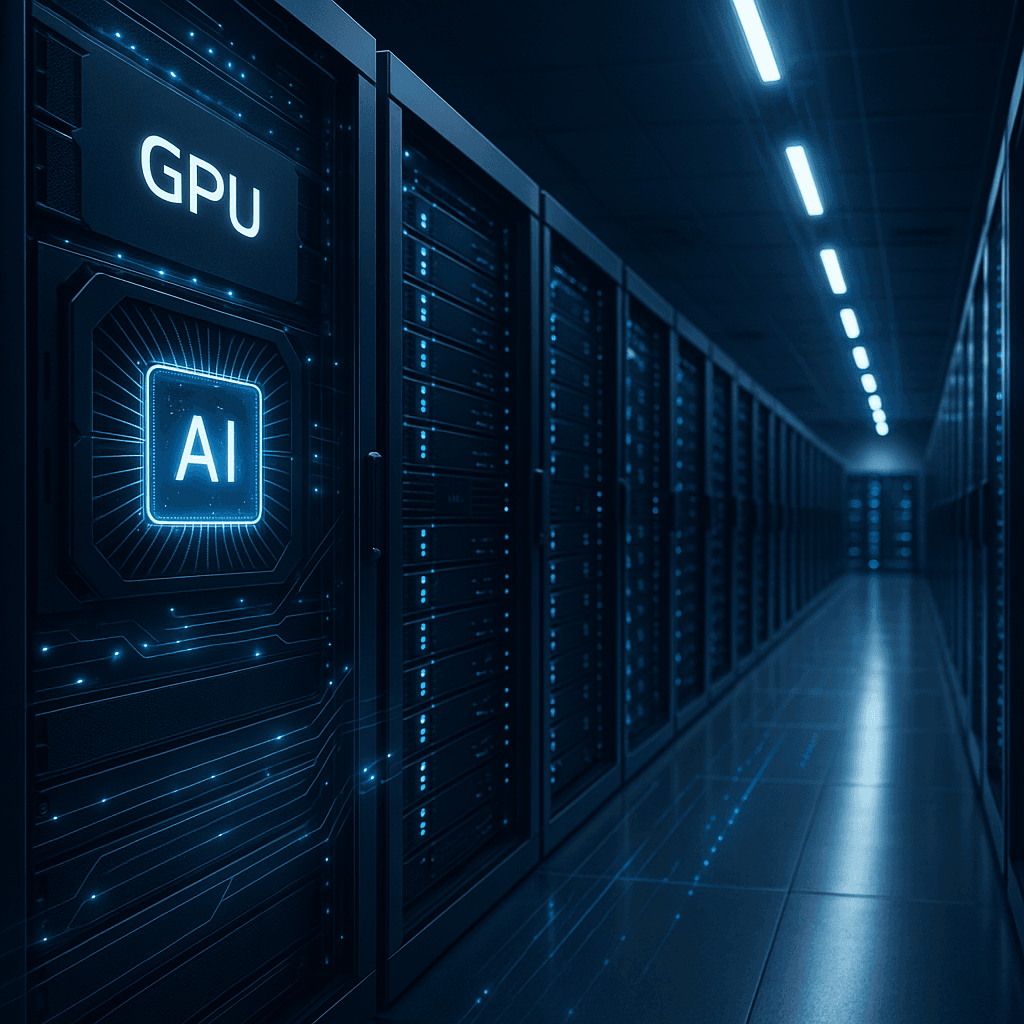Nvidia CEO Jensen Huang declared the AI revolution is in "full steam" mode, projecting massive infrastructure spending while navigating treacherous China trade waters. The chip giant's latest earnings reveal a company caught between soaring demand and geopolitical headwinds that could reshape the semiconductor landscape.
Nvidia's stock swayed Thursday as investors parsed mixed signals from a company riding the AI wave while navigating a diplomatic minefield. The semiconductor giant delivered another earnings beat, but CEO Jensen Huang's bullish AI spending projections were overshadowed by ongoing uncertainty around China market access.
Revenue surged 56% to $46.74 billion in Q2, narrowly topping Wall Street's $46.06 billion estimate according to LSEG data. Adjusted earnings per share hit $1.05, edging past the $1.01 consensus. But the headline numbers tell only part of the story.
"There was more noise around this quarter and the guidance and what's implied than I can remember ever on an Nvidia quarter, let alone on any other megacap tech company," Deepwater Management's Gene Munster told CNBC. "Of course, a lot of that noise is related to all the mechanics around China."
The China situation remains a high-stakes chess match. In April, the Trump administration blocked Nvidia from selling its H20 chip in the Chinese market. By August, Huang had struck a preliminary deal with President Donald Trump to restart sales by agreeing to give 15% of regional revenue to the U.S. government. That arrangement hasn't been finalized.
During Wednesday's analyst call, Huang painted China as a "$50 billion opportunity" growing 50% annually, while suggesting there's a "real possibility" Nvidia can sell its advanced Blackwell processor there. But the fate of the H20 chip, specifically designed for China, hangs in limbo. Management said Nvidia could ship between $2 billion and $5 billion in H20 revenue during Q3 "if the geopolitical environment permits."
Beyond geopolitics, Huang delivered his most ambitious AI infrastructure predictions yet. "As the AI revolution went into full steam, as the AI race is now on, the capex spend has doubled to $600 billion per year," he declared during the earnings call. The CEO projects this could balloon to $3 trillion to $4 trillion by decade's end.
"There's five years between now and the end of the decade, and $600 billion only represents the top four hyperscalers," Huang explained, suggesting the addressable market extends far beyond Google, , , and Amazon. "The opportunity ahead is immense."
